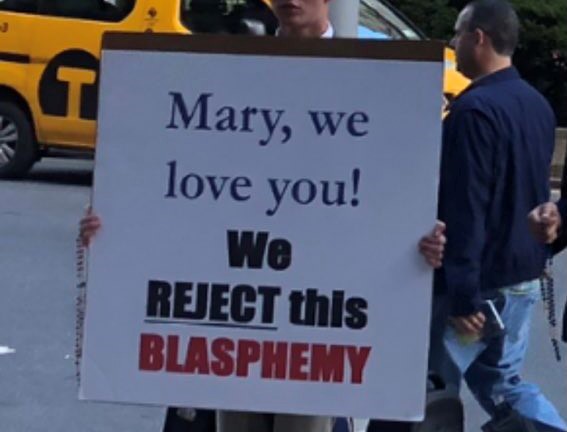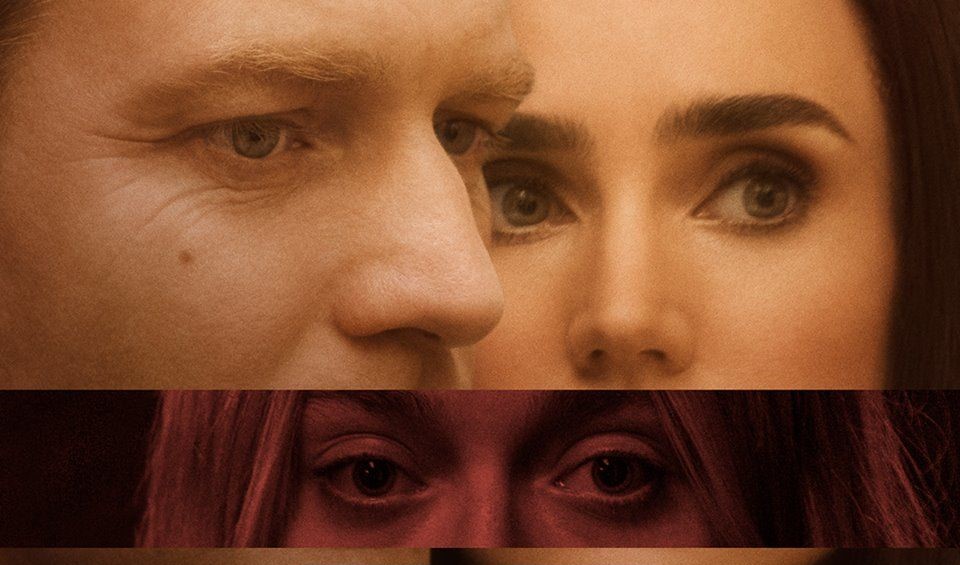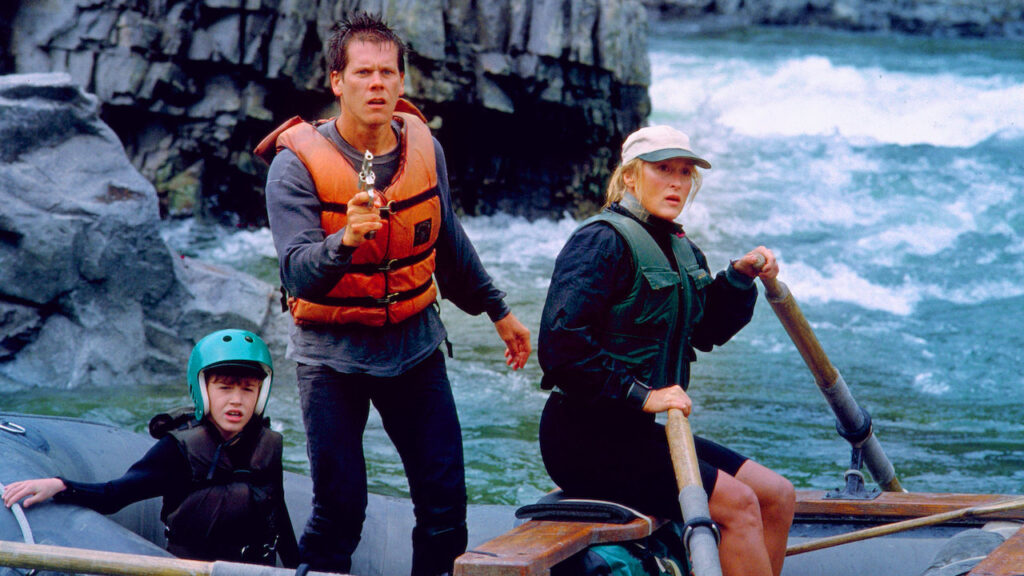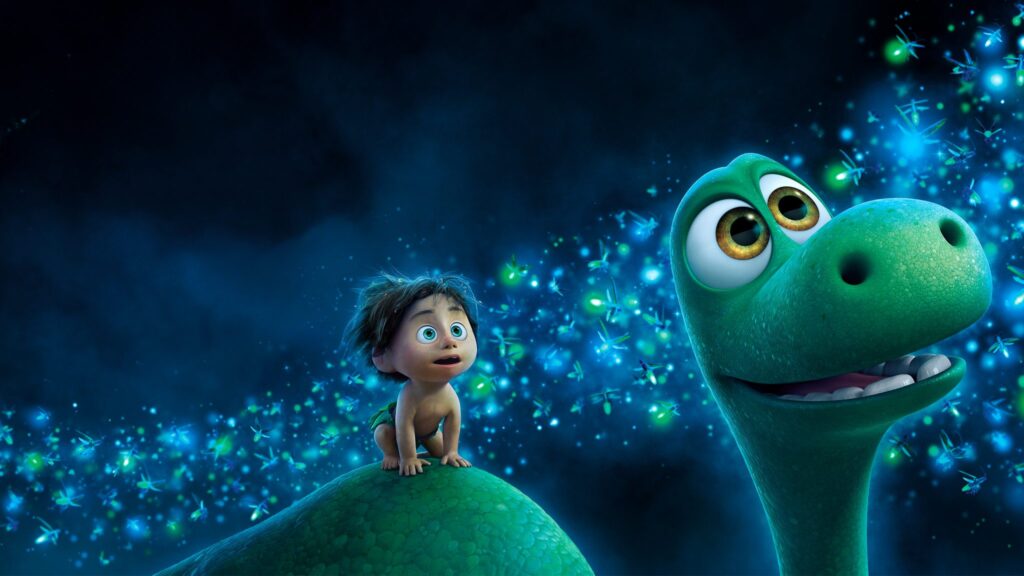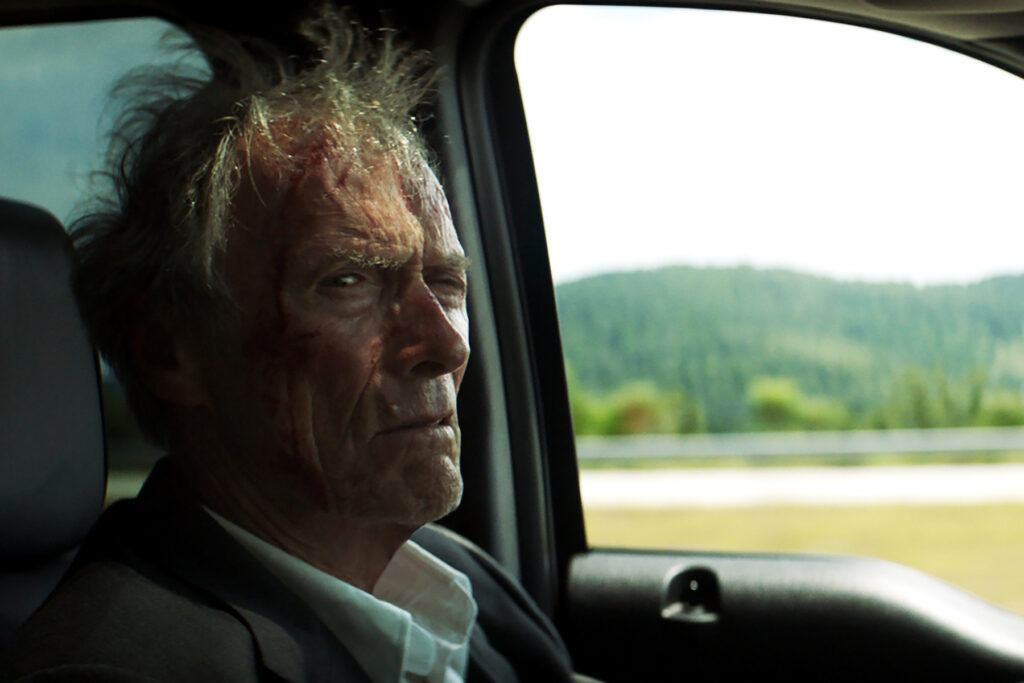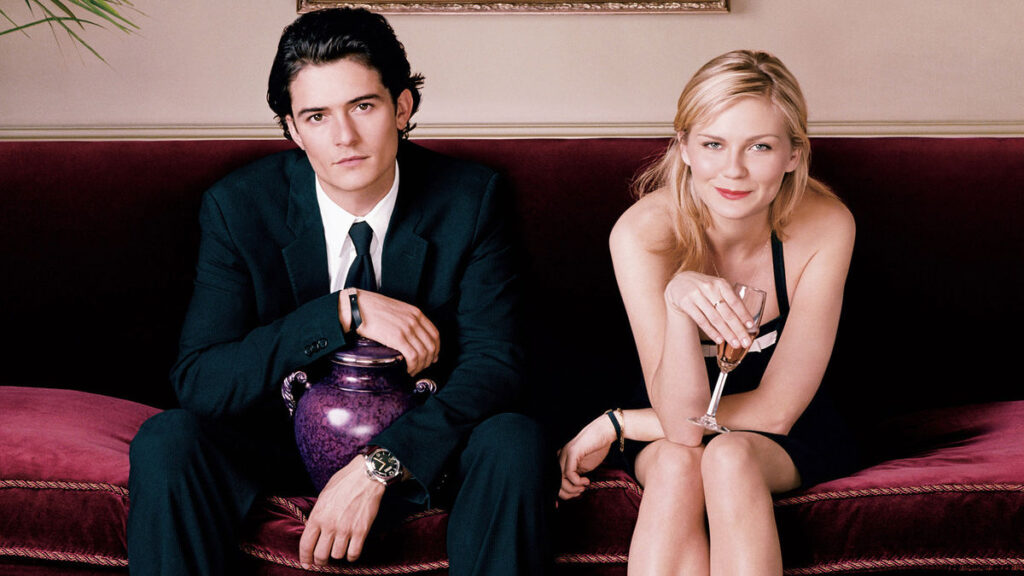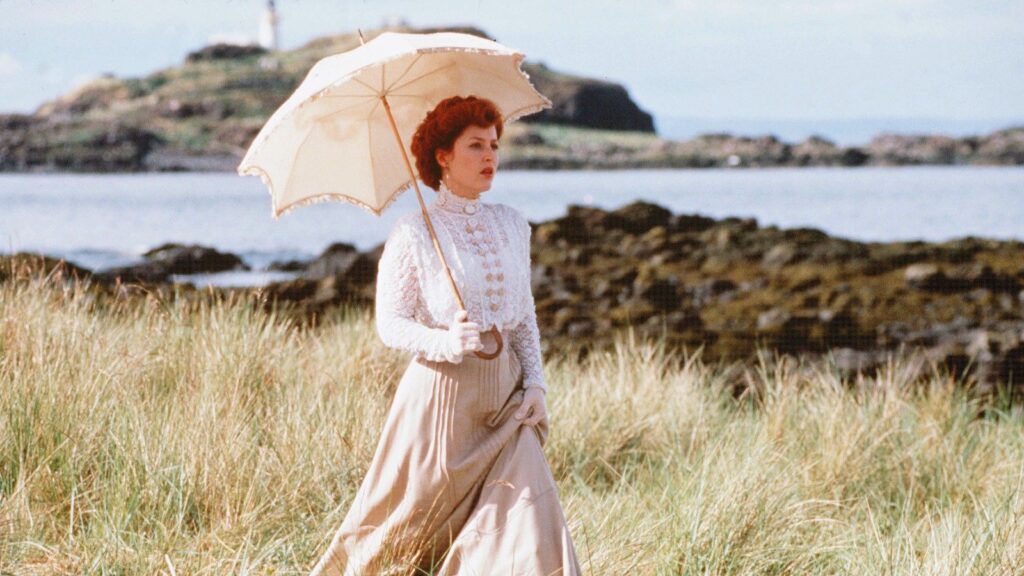
Nicole Kidman finally joins the THOB Six Timers Club this week with what many consider her first major critical success. In the same year that Kidman had a major blockbuster in Batman Forever, the actress joined forces with Gus Van Sant for satirical Joyce Maynard adaptation To Die For. The film starred Kidman as the fame obsessed (and possibly murderous) Suzanne Stone, earning the actress raves and a Golden Globe for Best Actress in a Comedy/Musical, but stiff competition among lead actresses left the film as a headscratcher of an Oscar snub in hindsight.
To Die For was also a rebound for Van Sant from the disastrous Even Cowgirls Get The Blues, and we look back at his career balanced between big successes and major misfires. We also talk about Illeana Douglas’ burst of great supporting roles in the 1990s, the emergence of tabloid and talkshow culture, and the 1995 Cannes Film Festival.
Topics also include the late work of screenwriter Buck Henry, Goldie Hawn in Protocol, and what the plot of Vanessa Redgrave-starrer A Month By The Lake might be.
Follow Us on Twitter!
@Had_Oscar_Buzz
Joe: @joereid
Chris: @chrisvfeil
Podcast: Play in new window | Download
Subscribe: Google Podcasts | RSS

